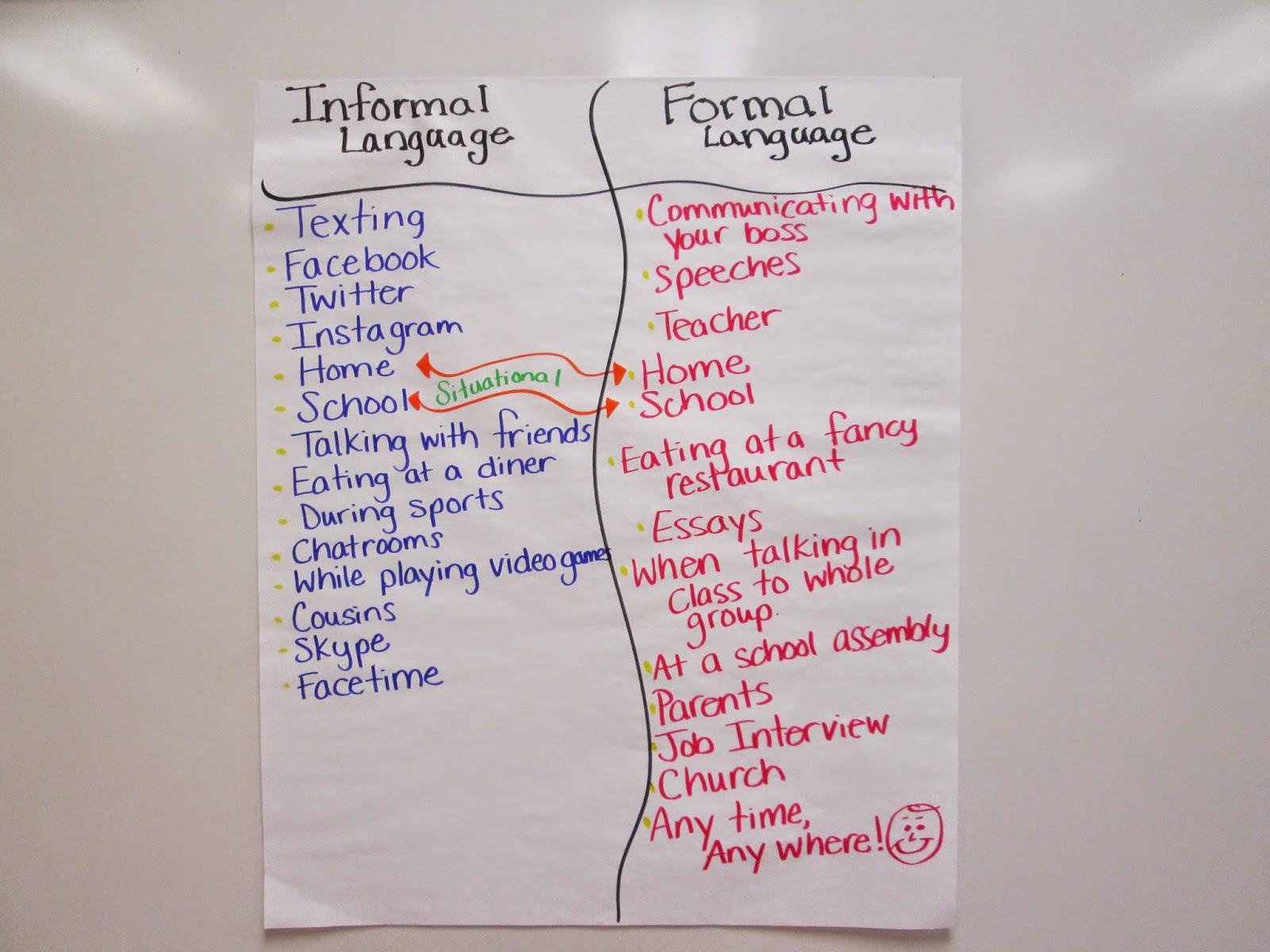How often, as teachers, do we ask our students to try again? How often, as teachers, do we apply this to lessons that might not have gone so smoothly?
Often people blog about the amazing things that are accomplished in a classroom. Today I am going to blog about a failed lesson. A Train Wreck in Slow Motion. An Epic Fail.
It started first hour. First hour is always the guinea pig hour. We all know it is true. Rarely do I do something second hour that was exactly the same as first hour. Today we were walking through a planning page for an argument essay.
Me: Step 4 is where you will write your thesis statement.
Me: Step 4 is where you will write your thesis statement.
Students (blank looks): I don't know what that is.
Me: Hmm. You know, the thesis statement. I know you know what one is as you all wrote essays in 5th grade.
Students (more confused looks): We didn't do that.
Me: Hmm. Welllll, I am going to have to talk with your 5th grade teacher to find out what vocabulary she used. I know as soon as I say that magic word, you will all know exactly what I mean. In the meantime, let me give you a thesis statement.
Students (more confused looks): We didn't do that.
Me: Hmm. Welllll, I am going to have to talk with your 5th grade teacher to find out what vocabulary she used. I know as soon as I say that magic word, you will all know exactly what I mean. In the meantime, let me give you a thesis statement.
At this moment several things went through my mind.
- I know better than to assume.
- I should have made the time to visit with the 5th grade teacher about what she had taught last year.
- I should have modeled more of the writing. I was rushing because I wanted the three-day weekend to grade the essays.
- I was going to have to change the rubric.
- I have to do this five more times today. How can I fix this?
By the end of third hour, I was chalking this up to a learning experience. I learned many things NOT to do/assume again. To make peace with the time my students and I invested in this assignment, it was decided to use it as a pre-test. Essays will be graded as more of a completion grade, and data will be used, in the form of their written words, to make instructional decisions. Analysis started as I was helping students edit rough drafts on Friday.
|
Lesson Plans to Create
|
|
|
Basic sentence
structure
|
Thesis
statements J
|
|
Capitalization
|
Using
transition words effectively
|
|
Indenting
paragraphs
|
Subject-Verb
agreement
|
|
Staying on
topic
|
Counterpoints
(argument writing)
|
|
Citing sources
(more did than didn’t)
|
|
|
How to write a
hook/attention grabber
|
|
Both lists will have several additions once I sit down with their final drafts next week.
Thinking about it later, there are ways the experience could have been the Epic Fail I first claimed it was.
- Playing the blame game
- These students just don't care...
- If those teachers in 5th grade would have...
- The parents need to step it up and help their children more...
- Scrapping the assignment after first hour
- Giving up on writing. I mean, really, I'm not a tested subject after all.
Thankfully, those are not the thoughts that ran through my head. I have always believed that self-reflection is a crucial step in improvement. There are many directions my Thursday-Friday could have taken. I will admit, there was a brief pity-party until my teammates reminded me it wasn't really an Epic Fail. Information was gathered and lessons were learned.
This time it was the teacher that learned the most.















